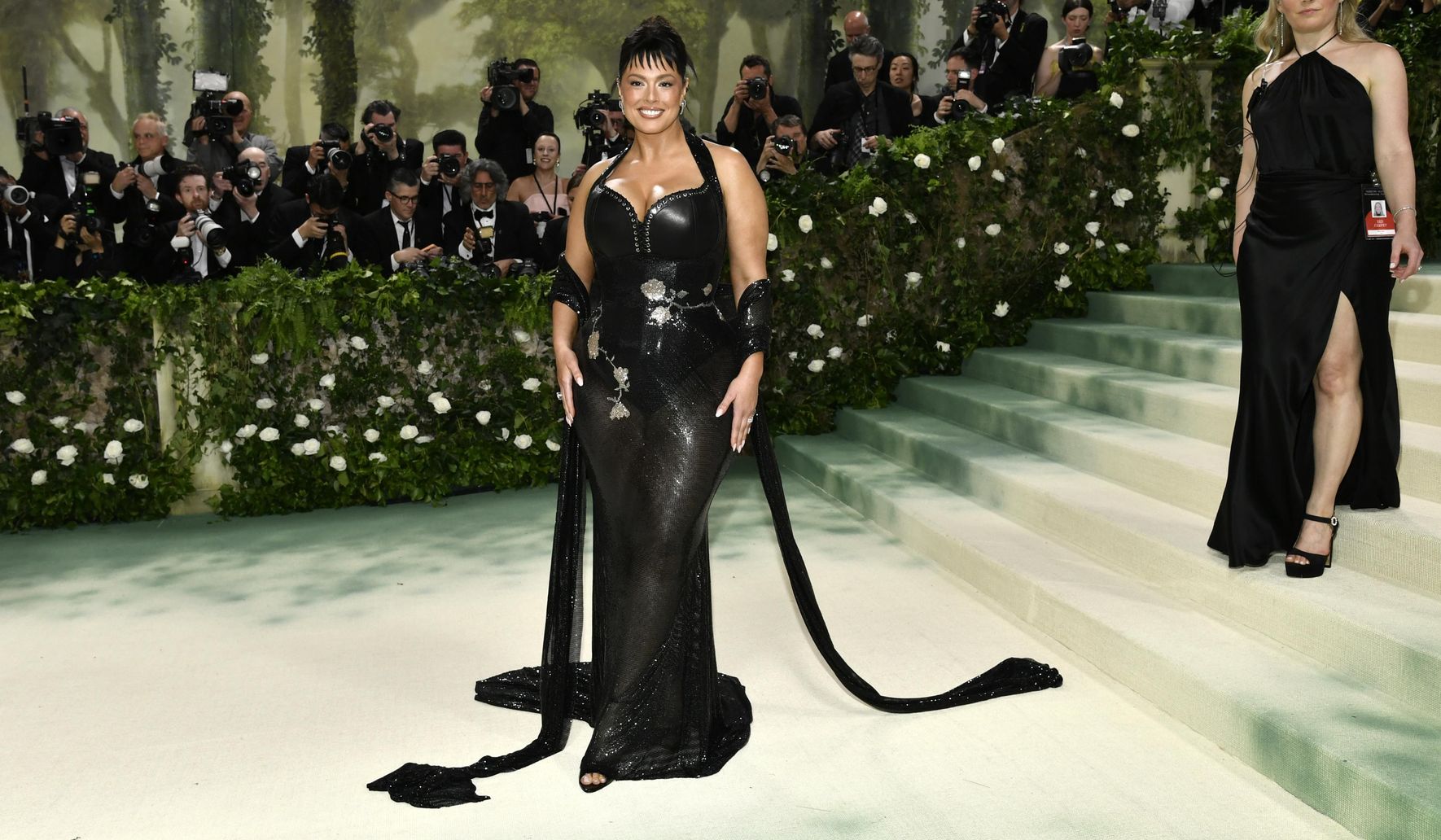Harvey Weinstein's Conviction Overturned, Sparking Outrage and Legal Controversy
In a momentous turn of events, Harvey Weinstein's conviction is upended by New York's highest court, prompting diverse reactions and a pledge from Manhattan's DA to pursue a retrial.
Published April 27, 2024 - 00:04am

Image recovered from wnd.com
(NEW YORK POST) - In a significant legal reversal, the New York State Court of Appeals has overturned Harvey Weinstein's rape conviction, mandating a fresh trial for the fallen Hollywood figure. The 4-3 decision spotlighted procedural concerns, provoking strong responses across multiple quarters of society.
While Weinstein's defense celebrates the ruling as a triumph for defendant rights, accusers and supporters within the #MeToo movement express dismay and a sense of betrayal. Prominent voices in Hollywood, including Rosanna Arquette, Ashley Judd, Mira Sorvino, and Amber Tamblyn, underscore the blow to survivors seeking justice.
Weinstein, who remains incarcerated due to a separate 16-year sentence in California, has evoked a diverse array of reactions. His accusers, meanwhile, brace themselves for the possibility of retracing their painful testimonies in a new trial. The Manhattan District Attorney's Office stands resolute to retry Weinstein, upholding a steadfast commitment to sexual assault survivors.
Amidst this tumult, accusers and attorneys alike weigh in. Accuser Ambra Battilana Gutierrez criticizes past failures of the justice system, while lawyer Douglas H. Wigdor laments the decision's implications for sexual violence accountability. The case's legal complexities and emotional ramifications cast a long shadow, fueling ongoing discussions about the intersection of justice, celebrity, and social movements.
The seismic ruling from New York's highest court has thrust the Weinstein case back into the limelight, reopening a dialogue not just about Weinstein's fate but about the broader legal implications for sexual misconduct cases. Observers note that the decision is a watershed moment, potentially setting a precedent that could influence future sexual misconduct trials. It raises questions about the sufficiency of evidence, the conduct of prosecutors, and the rights of defendants to a fair trial—a balancing act that courts have grappled with since the inception of the #MeToo movement.
The appellate court's majority opinion hinged on specific legal issues regarding the admittance of testimony from women whose allegations were not part of the charges against Weinstein. The judges ruled that such testimony had prejudiced the jury against Weinstein, creating a narrative of behavior that went beyond the scope of the specific incidents for which he was on trial. This nuanced legal argument forms the crux of the defense's celebration, asserting that the integrity of the legal process has been upheld. Meanwhile, those fighting for victims of sexual violence worry that this ruling may discourage survivors from coming forward, fearing their experiences will face similar procedural challenges.
In the backdrop of this legal tumult, the cultural ramifications are immense. The #MeToo movement, which gained significant momentum with Weinstein's conviction, is at a crossroad. Activists are now challenged to reaffirm the movement's message that survivors of sexual abuse will be heard and that justice will be served, despite this procedural setback. Celebrities and advocates have taken to social media to express solidarity with survivors and to highlight the necessity of perseverance in the fight against sexual violence.
The dialogue following the court's decision also brings to light the ongoing challenges within the legal system in prosecuting sexual assault. Experts comment on the need for reform in the handling of evidence and witness testimony, ensuring that survivors are not re-traumatized in the pursuit of justice. Legal analysts point out that the appellate ruling does not exonerate Weinstein of the crimes for which he was convicted, but rather requires the justice system to adhere strictly to legal protocols to protect the rights of the accused—as a cornerstone of democratic jurisprudence.
Looking forward, the Manhattan District Attorney's Office is preparing for a complex legal battle as they plan to retry Weinstein. They must navigate the appellate decision while seeking to provide a voice for the accusers within the confines of the legal rulings. The case thus remains a focal point for discussions about the legal strategies that can be employed to effectively prosecute sexual crimes in light of such high-profile reversals.
For the public, Weinstein's case is an ongoing drama that has revealed the often-painful realities of seeking justice for sexual assault. It is evident that this legal saga has ramifications that extend beyond the courtroom, touching on themes of power, influence, and the stark realities of the criminal justice system. The discussions sparked by this case will undoubtedly continue to evolve, with the upcoming retrial likely to serve as yet another critical juncture in this high-stakes legal and societal narrative.
The decision to grant Harvey Weinstein a new trial is a sobering reminder of the complexity inherent in legal proceedings, especially those intersecting with highly sensitive and emotionally charged issues such as sexual violence. As the legal community, activists, and the general public await the next developments, there is a collective recognition of the long road ahead—not only for the principals in this case but for the larger endeavor of elevating the discourse on accountability, survivor support, and justice. The implications of the appellate court's decision will undoubtedly resonate as new chapters of this case unfold in a New York courtroom.



:quality(70)/cloudfront-eu-central-1.images.arcpublishing.com/irishtimes/RZY6YBKSIJABJWI3MSPZXTI4I4.jpg)



